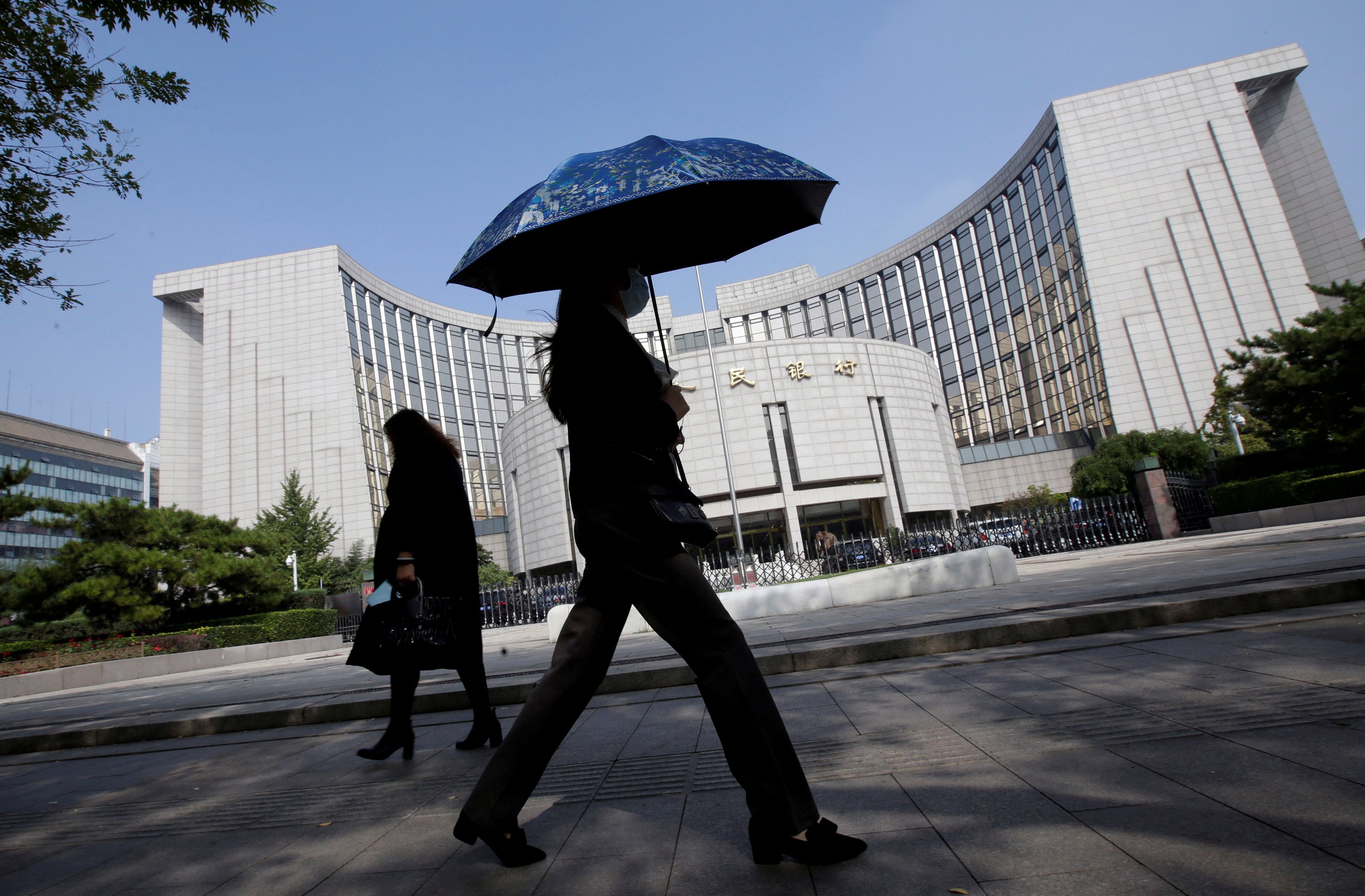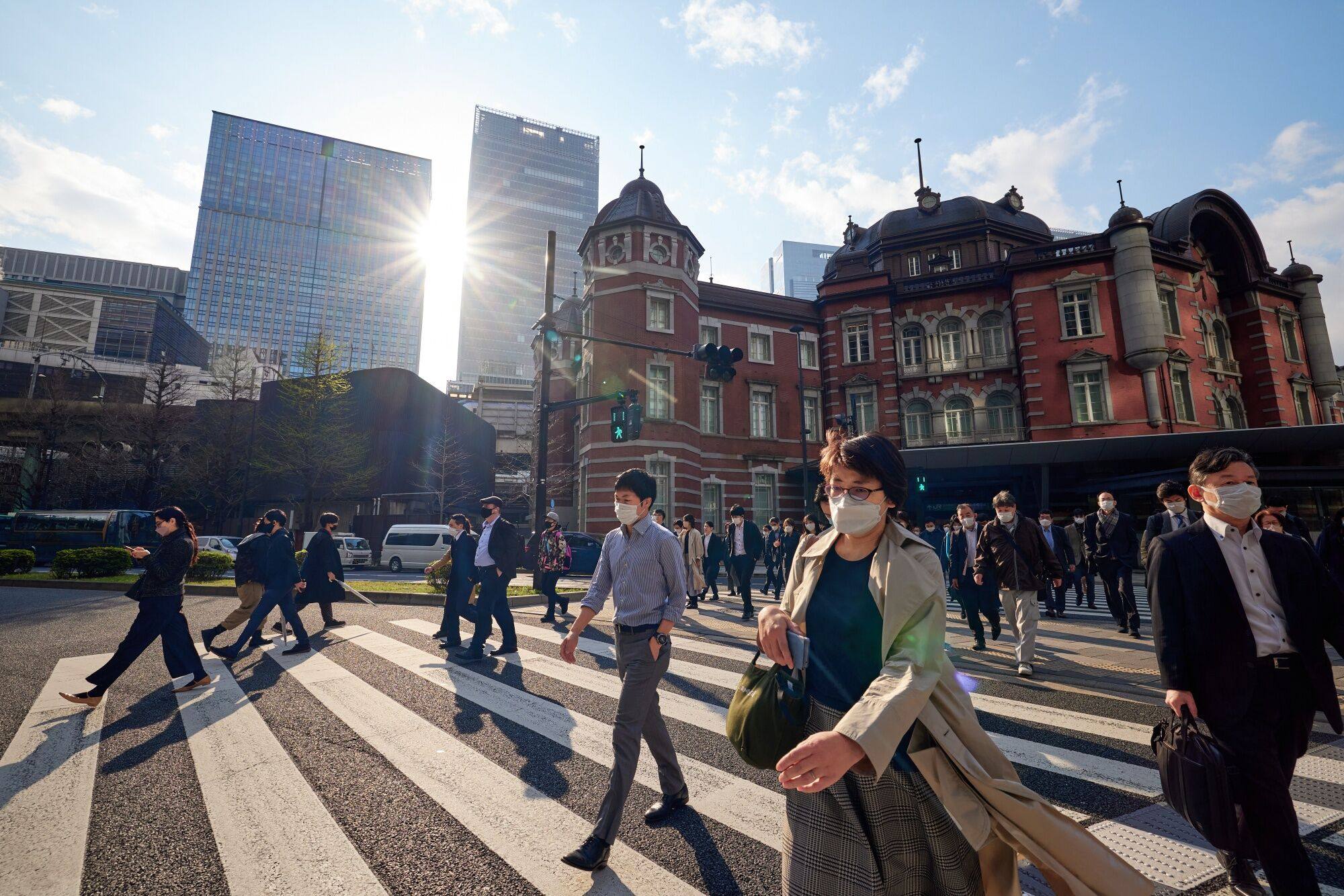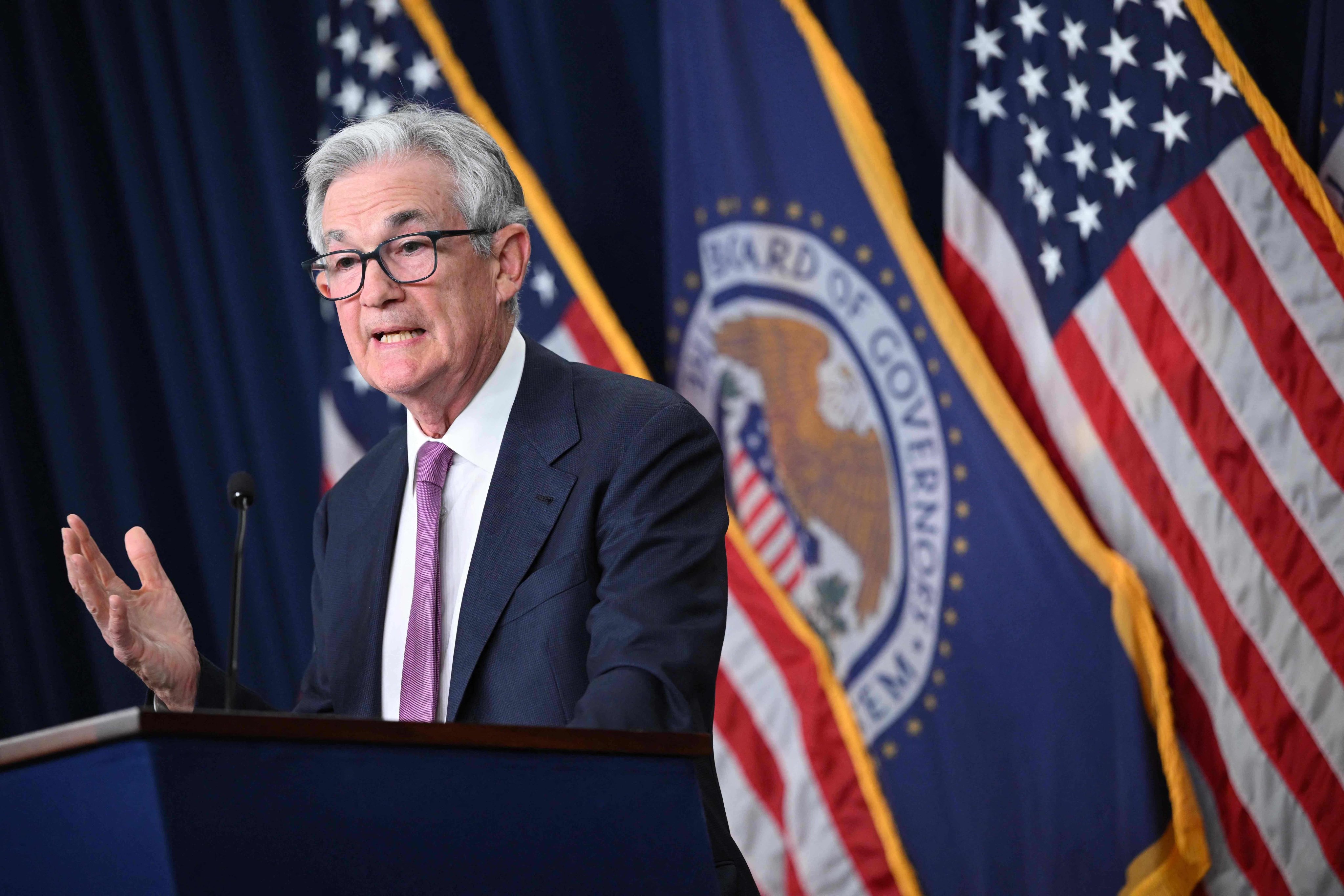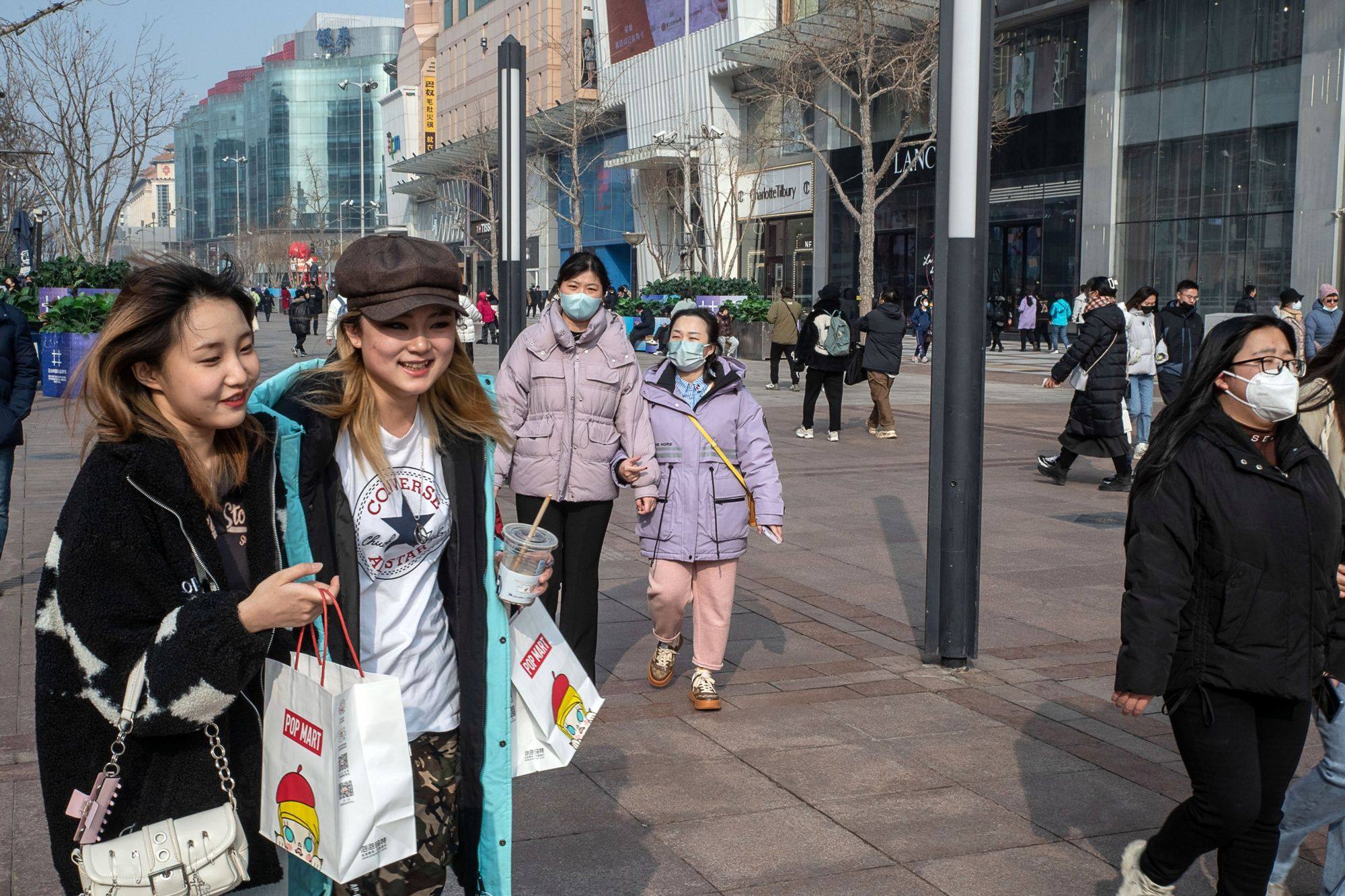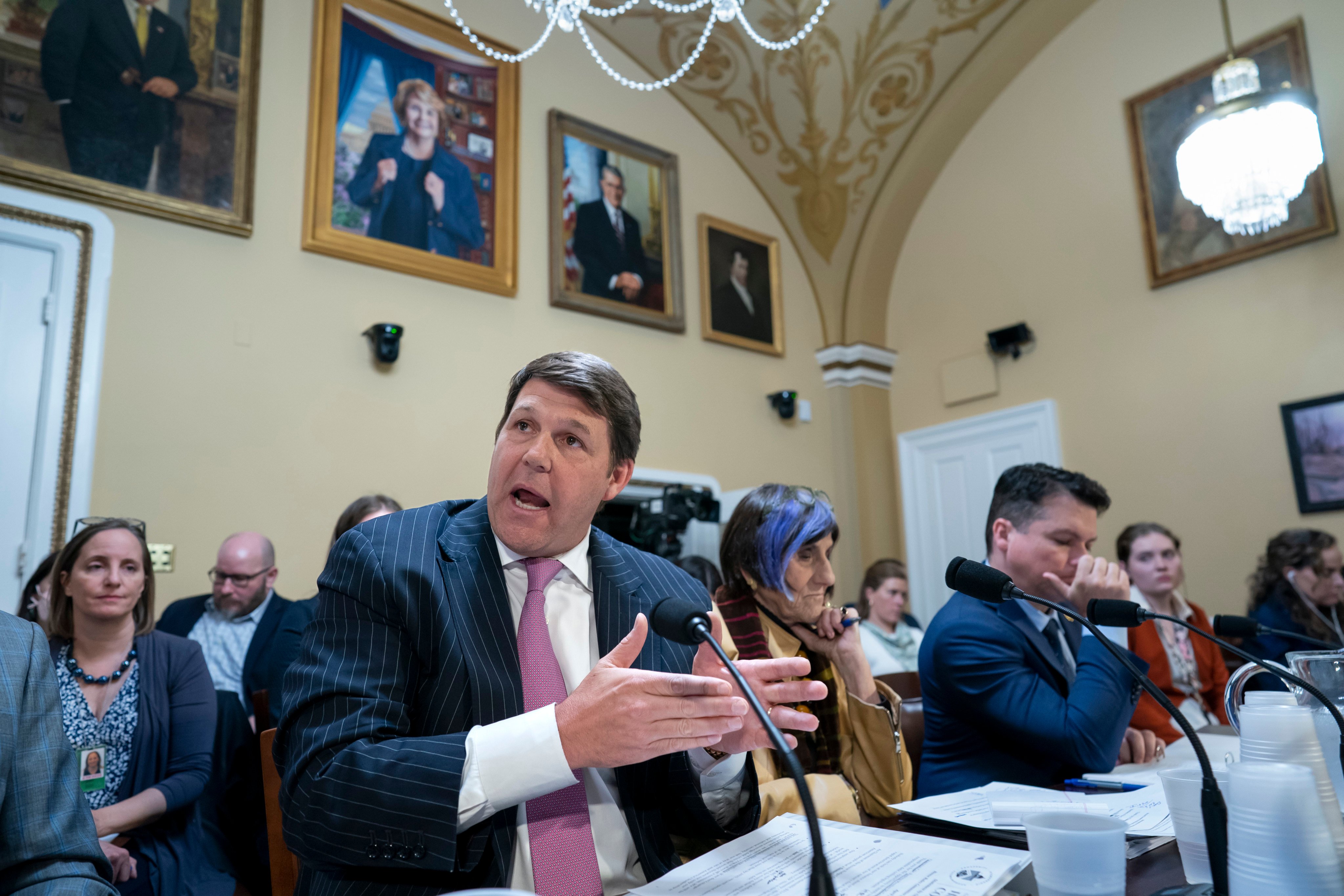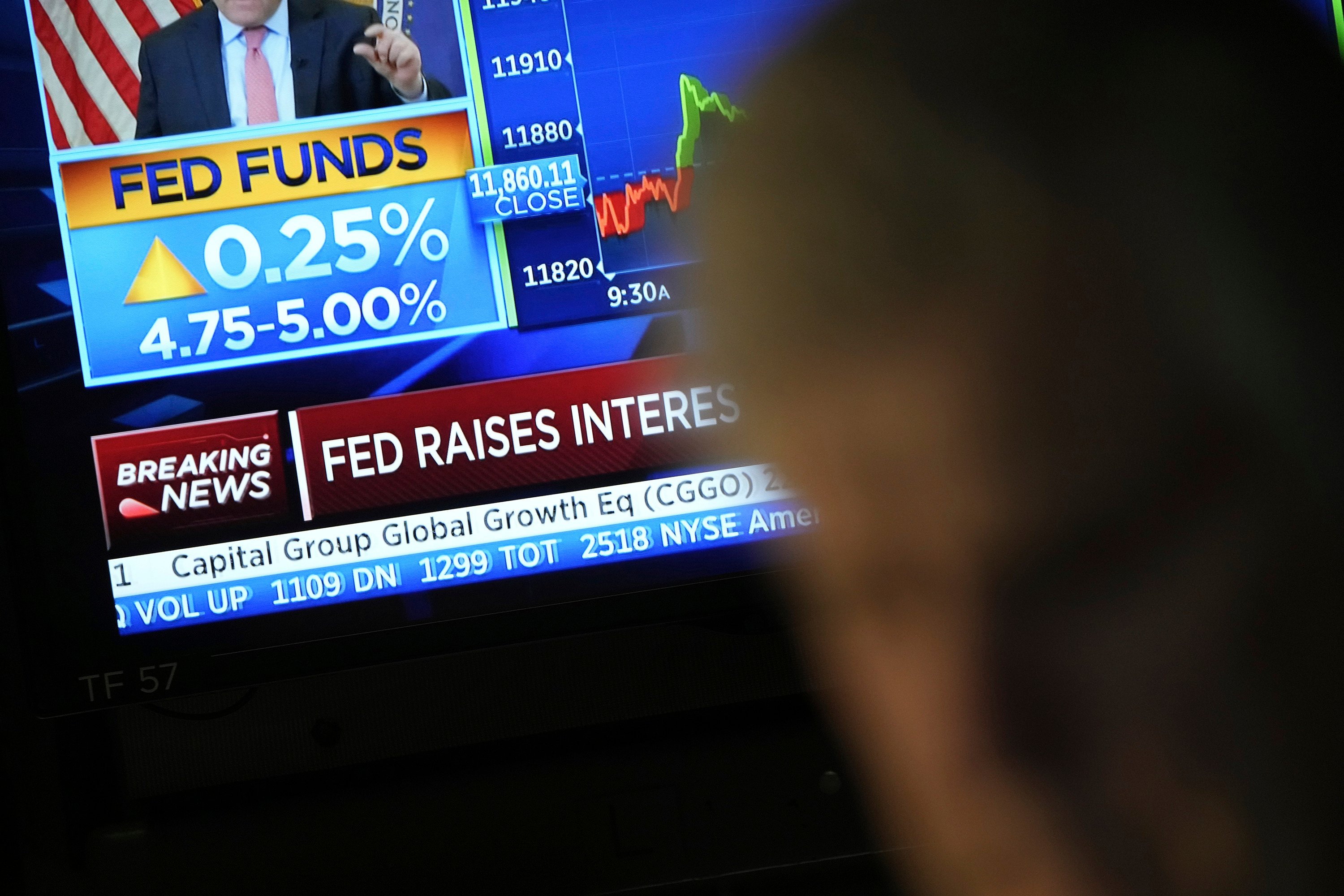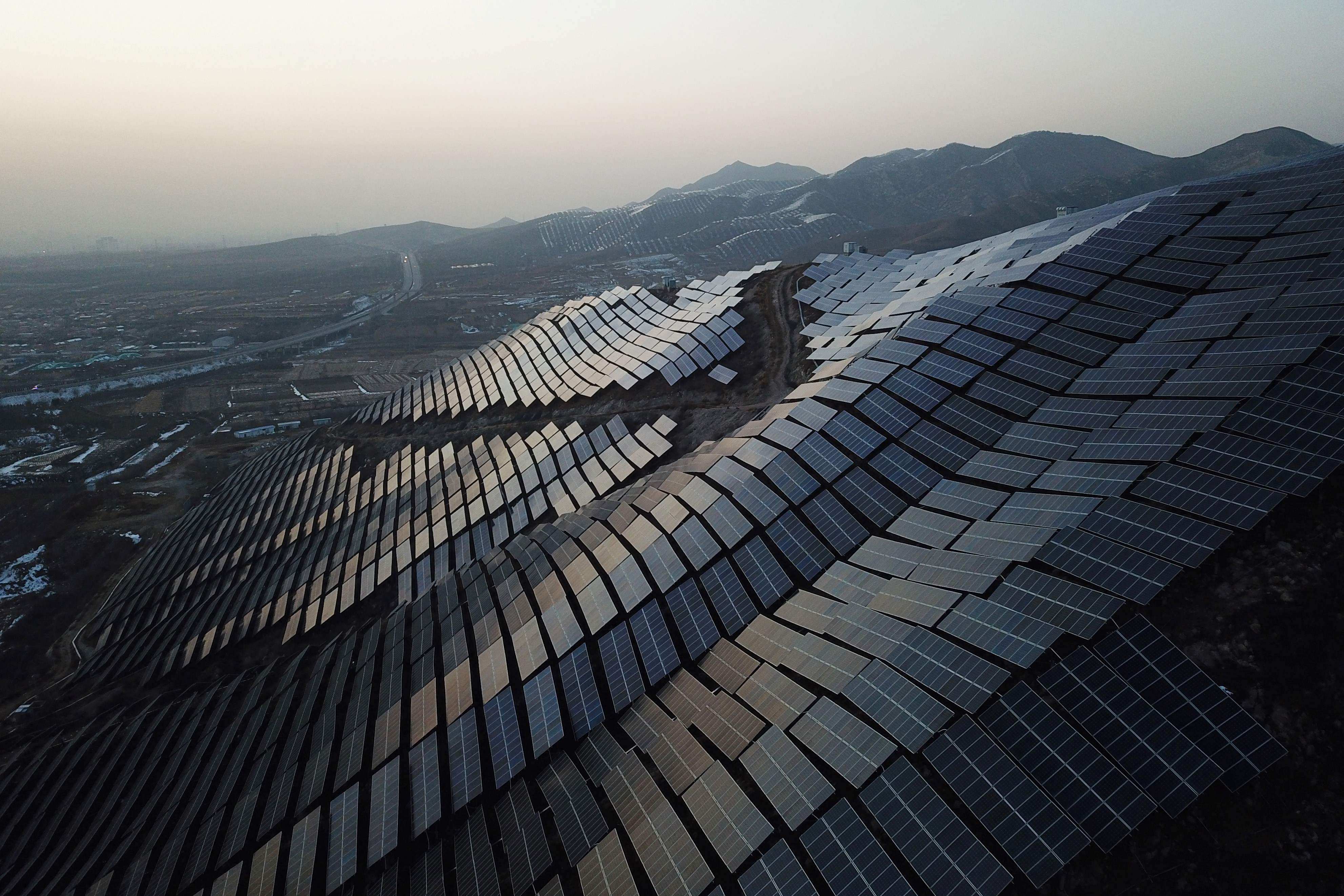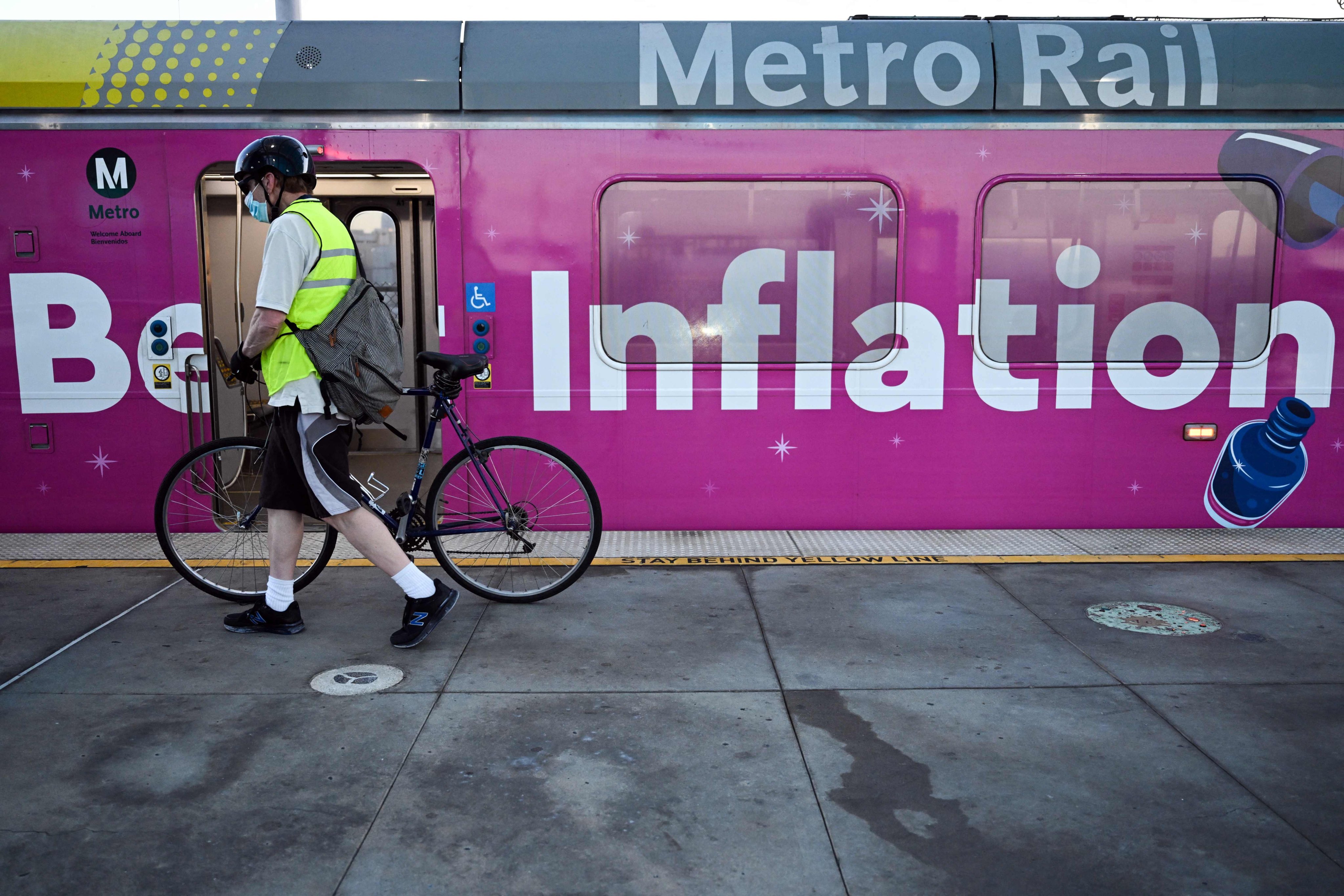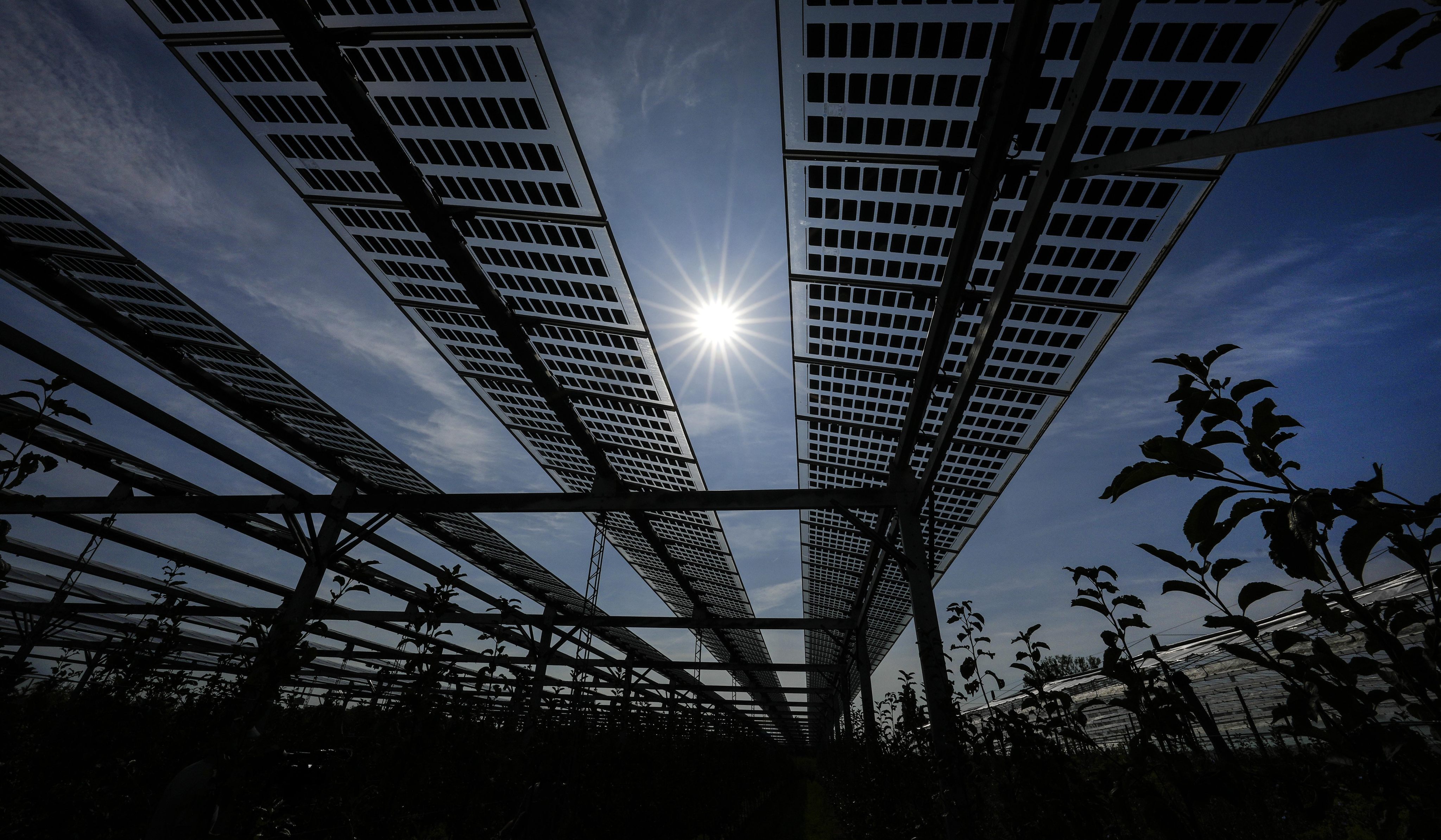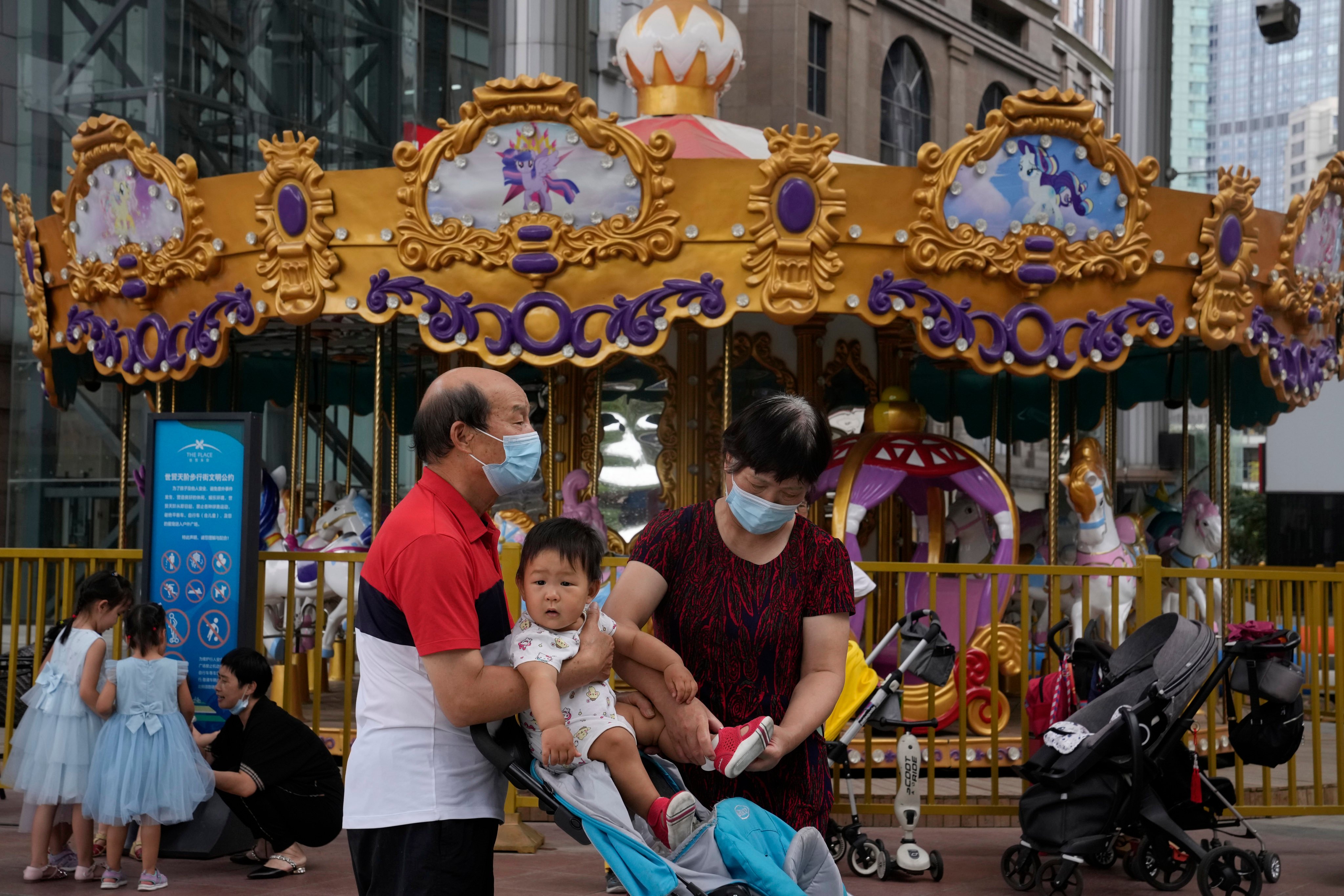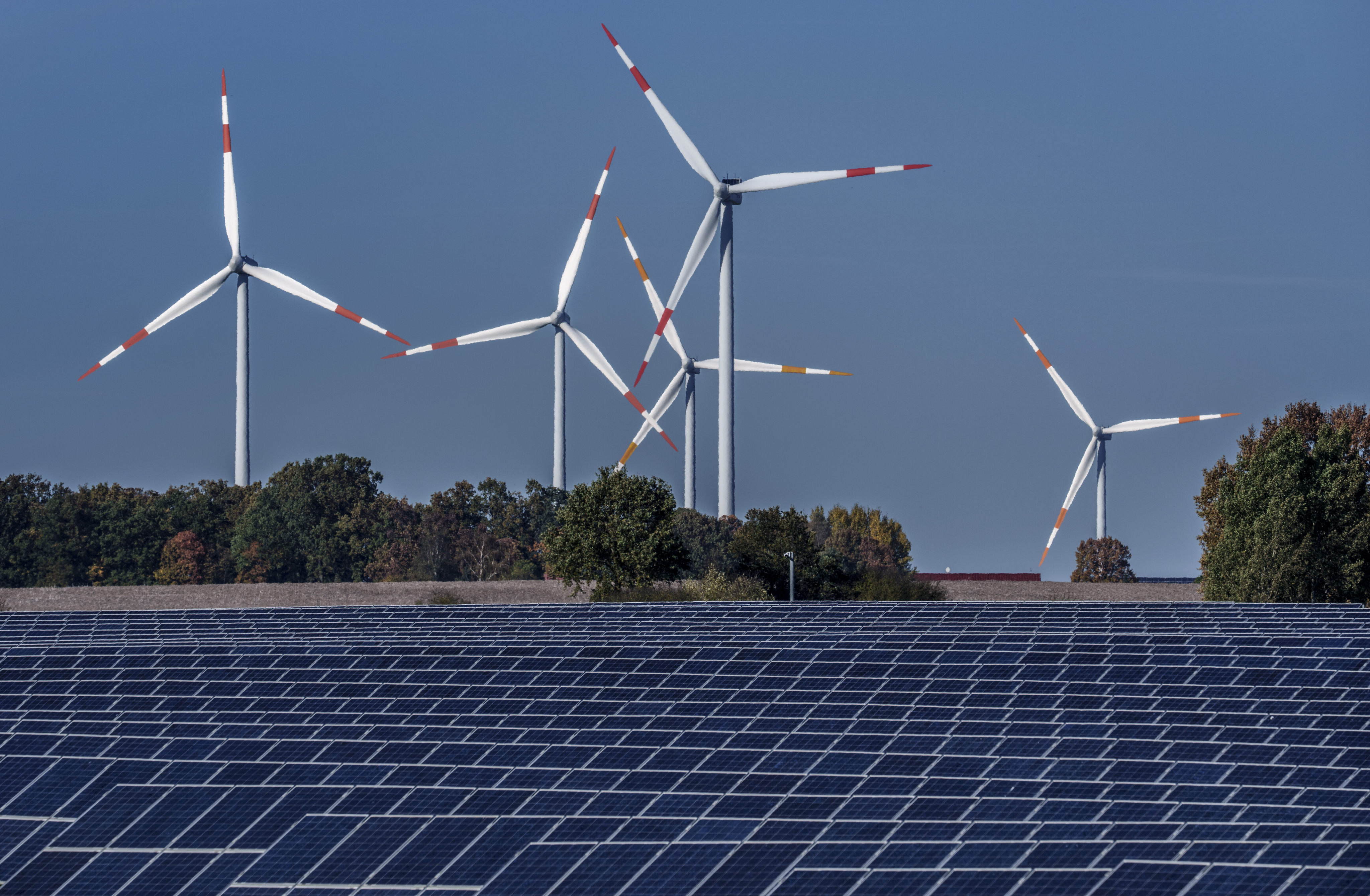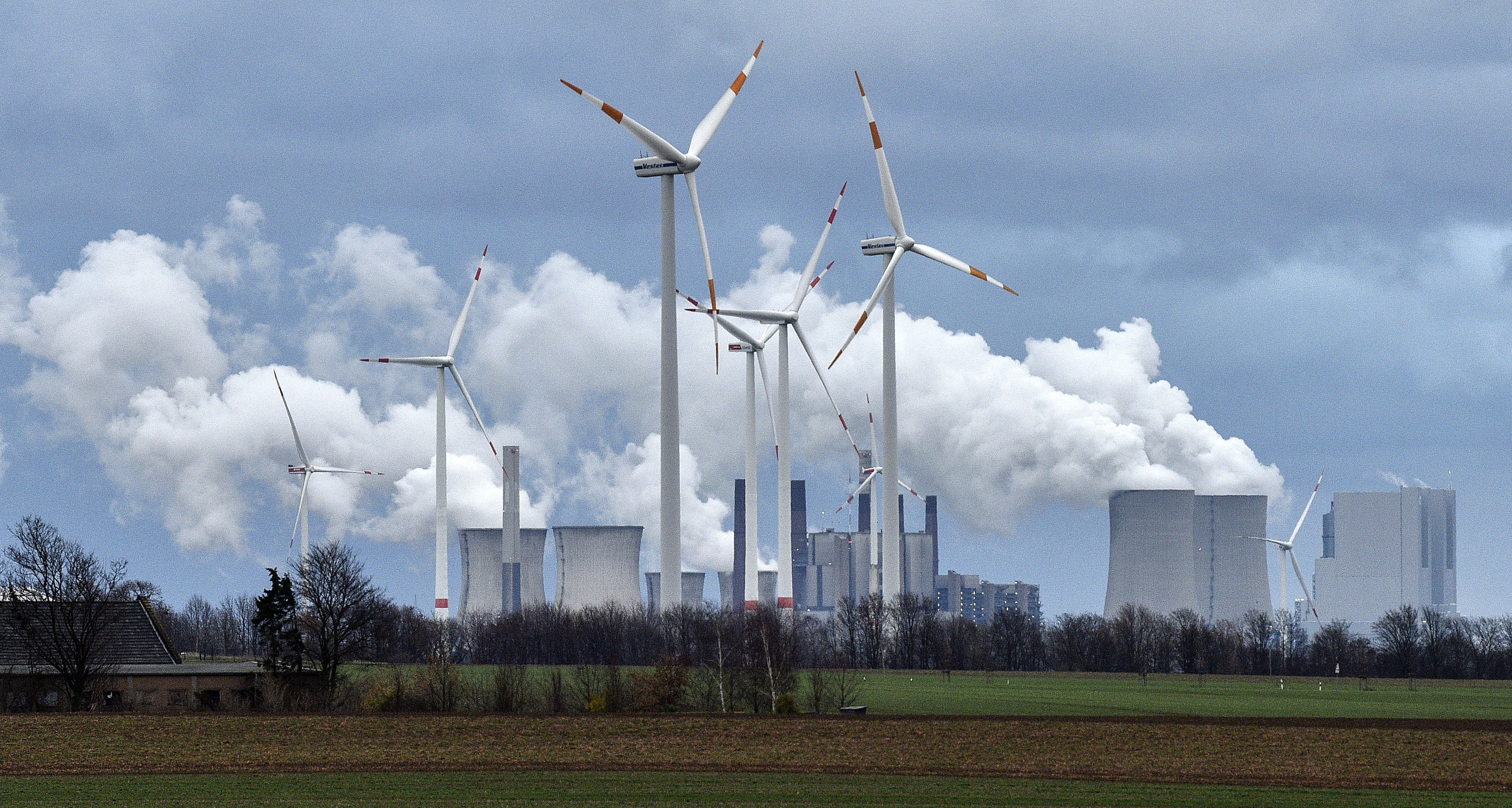
Bonds yields have fallen in China and barely risen in Japan on looser monetary policy. But even the rest of Asia is growing less sensitive to the sway of Treasuries.
Most Asian economies will be hit but those with strong local demand, a solid tourism recovery and ability to tap AI demand would feel a softer blow. If China’s stimulus takes off, the region could see a boost.
After decades of easy money, the tightening journey will not be straightforward – or rushed. Rising bond yields and yen implications aside, the biggest challenge is in unwinding the massive balance sheet.
The ECB has raised rates while the Fed has paused its increases, but both central banks remain focused on taming inflation. Risks remain, however, and a too-aggressive Fed or fresh regional bank turmoil could trigger a US recession.
Policy must be eased further to kick-start other growth engines and reignite investment and consumer confidence, as the external growth environment continues to look weak.
Lower-than-expected tax revenues have pushed the so-called X-date to as early as June, by which time the US must agree on a deal to raise the ceiling or face default. Both Republicans and Democrats will do what is needed, but they may misjudge the timing amid negotiations to get the most from the other.
The Fed’s mopping up of market liquidity has put stress on banks. While the tightening is set to end, market concerns remain. Investors can gauge temperatures by tracking bank deposit shifts and indicators such as the FRA-OIS spread and US Conference Board’s leading credit index
Green investment plans in the US, Europe and Asia are being driven not only by environmental goals but by a desire to strengthen energy self-sufficiency. Yet when renewable systems depend on the supply of everything from minerals to advanced chip technology, building them will require global cooperation.
Despite weak GDP growth, many indicators suggest December was the low point for China’s economy and recovery is on the way. The rebound will be largely driven by consumption rather than investment, which means it will be concentrated in consumer sectors, tourism and retail markets.
High mortgage rates have led to a drop in house sales – but it won’t lead to anything like the subprime meltdown of the 2000s. On the upside, the drop in demand for housing could bring down prices, easing inflation.
Investors are far more concerned about inflation, monetary tightening and recession risks that US midterm election results. In a way, a gridlocked government would remove uncertainty over new regulations and taxes, and make further stimulus less likely.
Rising inflation amid shrinking gas supplies from Russia is pushing Europe to the brink of recession, but there could be a long-term silver lining. Europe’s response includes measures to accelerate the shift to renewable energy sources and remove hurdles that slow new projects.
Asia will undoubtedly feel the knock-on effects of a downturn in US economic growth, but that does not mean the recovery will end. Decreasing exposure to the US market, the ongoing economic reopening and recovery in domestic consumption will cushion the impact.
Ageing societies and the pandemic-induced shock to the medical system will drive spending to address capacity shortfalls and improve long-term care services. Meanwhile, a growing middle-class population and the rising cost of living call for greater spending on affordable housing and education.
The need for food, water and energy sustainability is higher than ever as urban populations grow and the effects of climate change play out across the world.
An increasingly stagflationary environment has reversed the traditional relationship between the two asset classes, with both bond and stock markets struggling amid high inflation, slowing growth, rising interest rates and a hawkish Federal Reserve
Soaring food and energy prices as a result of the Russia-Ukraine conflict has set countries on a path to increased self-sufficiency which, far beyond the present geopolitical conflict, will help them meet the challenges of life on a warming planet.
